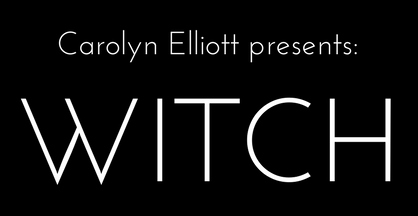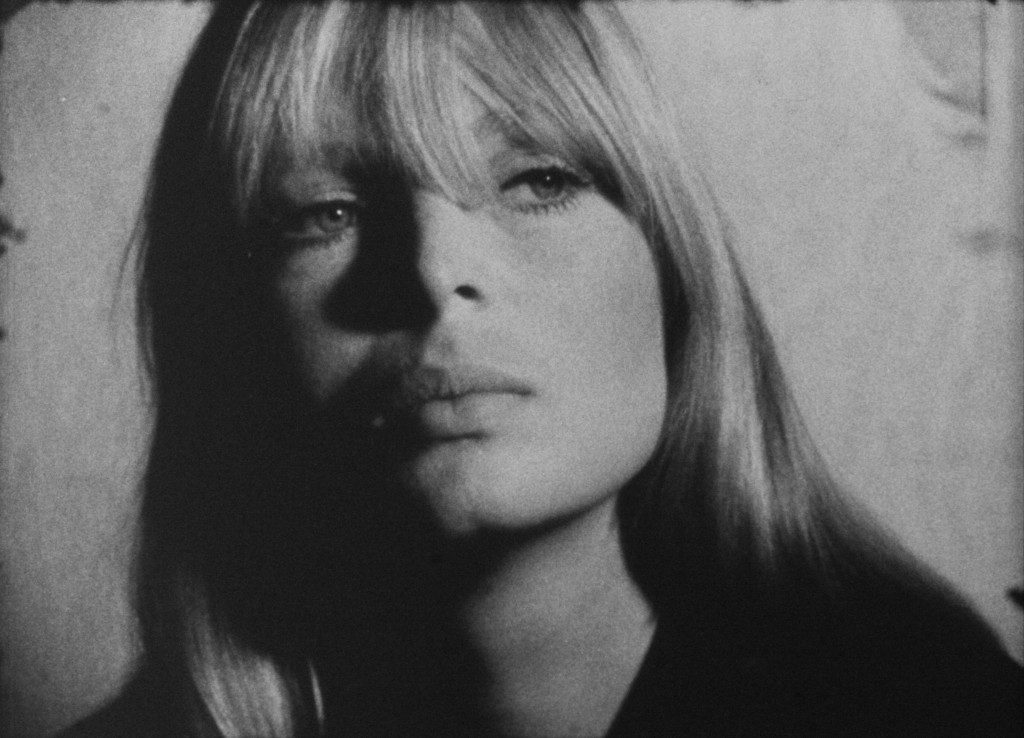Building a responsive audience – one that will not just “like” the stuff you post – but share it, comment on it, bring it up in their conversation with their friends at parties, and happily buy the offers that you put forth – is maybe the most important feat of practical sorcery that you can possibly master in this digital age.
A responsive audience can be the key not only to you making a damn good living from your lap top (without having to have one of those most detestable of things – A Real Job ) but also the key to finding wonderful friends around the world that really get you, and even the key to finding true love.
Think about it: the more people who know and care that you exist, the better your chances in the mating game.
And the money game. And the power game, even, if you want to go that route.
There’s a reason why people have sought fame throughout the ages: it really does open doors, because it connects you to other people.
Of course, fame has also been known to drive people mad and destroy their soul, so don’t say I didn’t warn you.
It takes a strong determination to stay grounded and stay sane and humble when there’s reams of people alternately idolizing and slandering you.
So if you feel like you’re up to the challenge, here’s what I’ve got to share with you about what I’ve learned over the past five years about building a very responsive audience.
Just remember: be careful what you wish for and don’t say your old pal Carolyn didn’t warn you.
1. To begin, you really and truly don’t need to have it all figured out.
In other words, the great quest to have your shit totally together before you cast your hat into the teeming ring of interweb attention is a fruitless one.
Yes, the vox populi can be cruel when you embarrass yourself but really their attention span and memory is quite short.
If you goof up, folks will forget about it, fast.
There’s just too many other things for them to pay attention to, like the 54 Pictures of Puppies Kissing Kittens! that their friend just posted.
So here are some things, in my experience, that a lot of people will tell you that you need, but that you actually do NOT need to have figured out before you get started with writing for the web, growing your audience, making your fortune:
- a target market
- an ideal client avatar
- a unique selling proposition
- a tagline
- a nice website
- a product
- a service
- a sales funnel
- a niche
Figuring all that stuff out before you begin calling attention to yourself is actually a giant waste of time.
Why?
Because once you blow the trumpet and ring the bells and get off to the races, you’re quite likely to find that all of that stuff which you painstakingly created is mostly not relevant to the people who are actually interested in paying attention to you.
Here’s a rather painful example from my own life:
I spent years researching, writing, and publishing a creativity self-help book called Awaken Your Genius.
Is it an amazingly helpful, fun, smart book? HELL YES! Should you go buy it right now? ALSO: YES, DEFINITELY.
Was getting my shit together and writing and publishing a book with a major respectable publisher the key to big riches for me?
Alas, no, and I can tell you exactly why: the people who most enjoy paying attention to me (i.e., the people to whom I can most sustainably, easily market myself and my services) tend to not have a problem with activating their genius.
Their genius is already awake, in other words. If they buy my book, they buy it and thoroughly enjoy it as a reminder and an encouragement of what they already know instead of a life-saver.
I ruefully learned a-little-too-late that the people who most naturally gravitate to me and my style are already so creative they can hardly stand themselves.
What I’ve learned that they actually want and need help with is making money from their creativity and connecting to other magical, creative people.
So now that’s what I focus on helping my audience do.
Note: these two classic purchase-motivating desires are known in the endlessly eloquent parlance of internet marketing as “getting paid” and “getting laid.”
2. To begin, what you really need is sustainability, pure and simple.
Success as a solopreneur on the internet, as far as I can tell, actually means just one real thing: growing and nourishing a large and responsive audience who will be supportive of you and your various doings throughout your life.
I don’t often find myself agreeing with people who teach entrepreneurship at Harvard, but when I do, it’s with Eric Ries, that guy who wrote The Lean Startup.
Ries makes a point which could have saved me a lot of trouble in writing and publishing my book (which I had hoped would be the foundation of my online coaching and teaching business): before you invest a lot of effort in creating something, probably you should genuinely figure out first if your market wants it.
I figured that I would be able to make a big splash with a creativity self-help book because – Julia Cameron!
Julia Cameron’s The Artist’s Way is one of my all-time favorite books, it saved my life, and it’s an international best-seller and beloved by millions.
Surely, I reasoned, that means there’s a market for creativity self-help books?
There is indeed a market for creativity self-help! It turns out it’s just not really my market.
I adore Julia Cameron, so I didn’t take into account the fact that her audience (the one that made her an internationally best-selling author) is not my audience.
Put simply: lot of the other people who adore Julia Cameron (the very people whom I figured would adore me after I wrote my creativity self-help book, right?) are never going to adore me.
Why? Well, turns out I’m a lot more weird and edgy and psychedelic and hyper-intellectual and sexual than Julia Cameron.
Cameron tends to be comforting and soothing. I tend to be intense and existentially disturbing.
I’ve learned that people who are seriously creatively blocked are often intimidated and put off by weird edgy hyper-intellectual psychedelic sexiness like the type that naturally, inevitably permeates all of my writing.
Hmmmmmmmmmmmmmmmmmmmmmmmmmmmmmm.
Put simply, my audience is just not who I thought my audience would be when I decided to get all of my shit together and my ducks in a row and write a book before trying to grow my online audience.
Ironically, I could only really learn who my audience was by simply beginning to publish in a rapid-fire, experimental, learn-immediately kind of way.
And friends, please believe me, a book is not the fastest, most “agile” (to borrow a term from the business bros at Harvard) means to test and learn who your natural audience is and what they want.
Right now, the most agile way to test who your natural audience really is, who your writing really resonates with, and therefore who you can expect to sustainably influence and market to, is through writing for online magazines and Facebook.
3. Experimentation wins.
If you’re new to the game of building a large, responsive natural audience for your art or for your business online, the first thing I must beg you to do is kill your perfectionism so you can be free to experiment.
And when I say “kill your perfectionism” I mean: murder it. Stamp on its face. Kill it dead.
Get okay with the fact that you’re going to publish things that no one likes, you’re going publish stuff that you’re embarrassed of six months later, and you’re going to publish stuff that goes totally viral and brings you huge acclaim and that changes peoples lives for the better and you won’t know in advance which it is.
Your perfectionism tells you the big fat lie that it knows in advance which of your work is viable and which of it isn’t, but actually your perfectionism doesn’t know that.
Only your experience can know that.
And if you haven’t yet experimented in earnest with growing a large, responsive audience – then you don’t yet have the experience to know.
So get the experience. Start experimenting. Publish things that suck and things that no one likes.
Now. What are you waiting for?
That thing you wrote which you think sucks and is stupid and no one will like? It could get 200,000 reads, add 10,000 people to your mailing list, and bring you 20 new clients. You just don’t yet have the experience to truly know.
In Conclusion
A sustainable, responsive audience is one that loves you and that you love – and you can only find that audience through rapid and messy experimentation, in a Lean Startup kind of way.
I know it sounds a little bit douchey and Harvard / Silicon Valley-ish, but really, it’s okay.
You have my permission as a fellow weirdo and witch. Experimentation is the most avante garde thing possible, right?
Also – I have an awesome masterclass on writing for the social web, THRILL, for which registration will open next week Monday, June 18th. If you want to know more about THRILL, please join our WITCH email list by using the forms on this website so we can stay in touch. I’ll share more details about THRILL in a bit via email.
Merken

